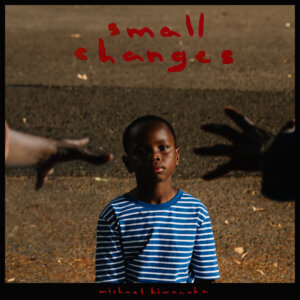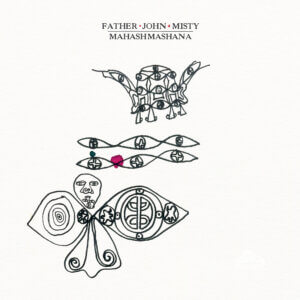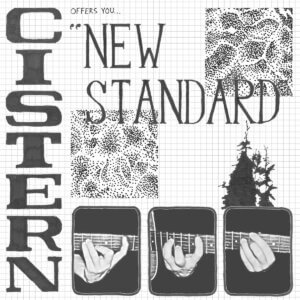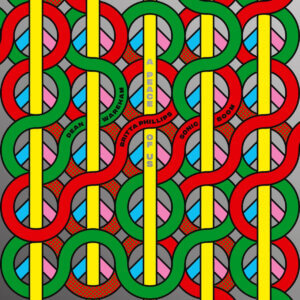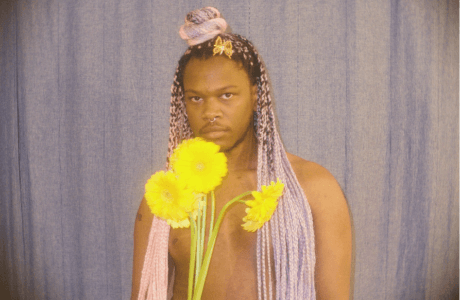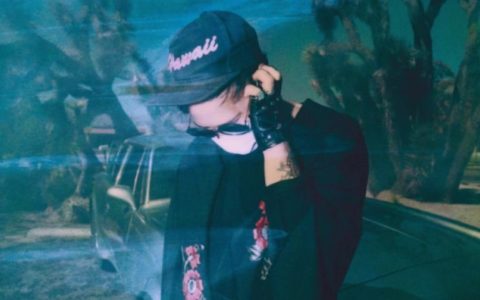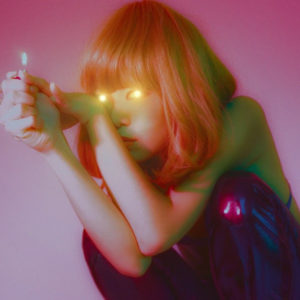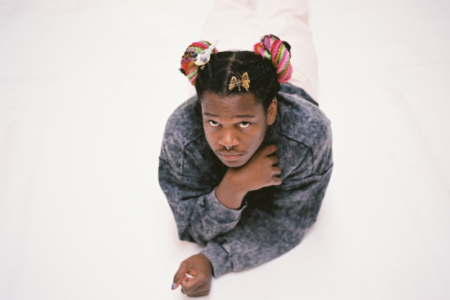Shamir Turns Negatives Into Growth
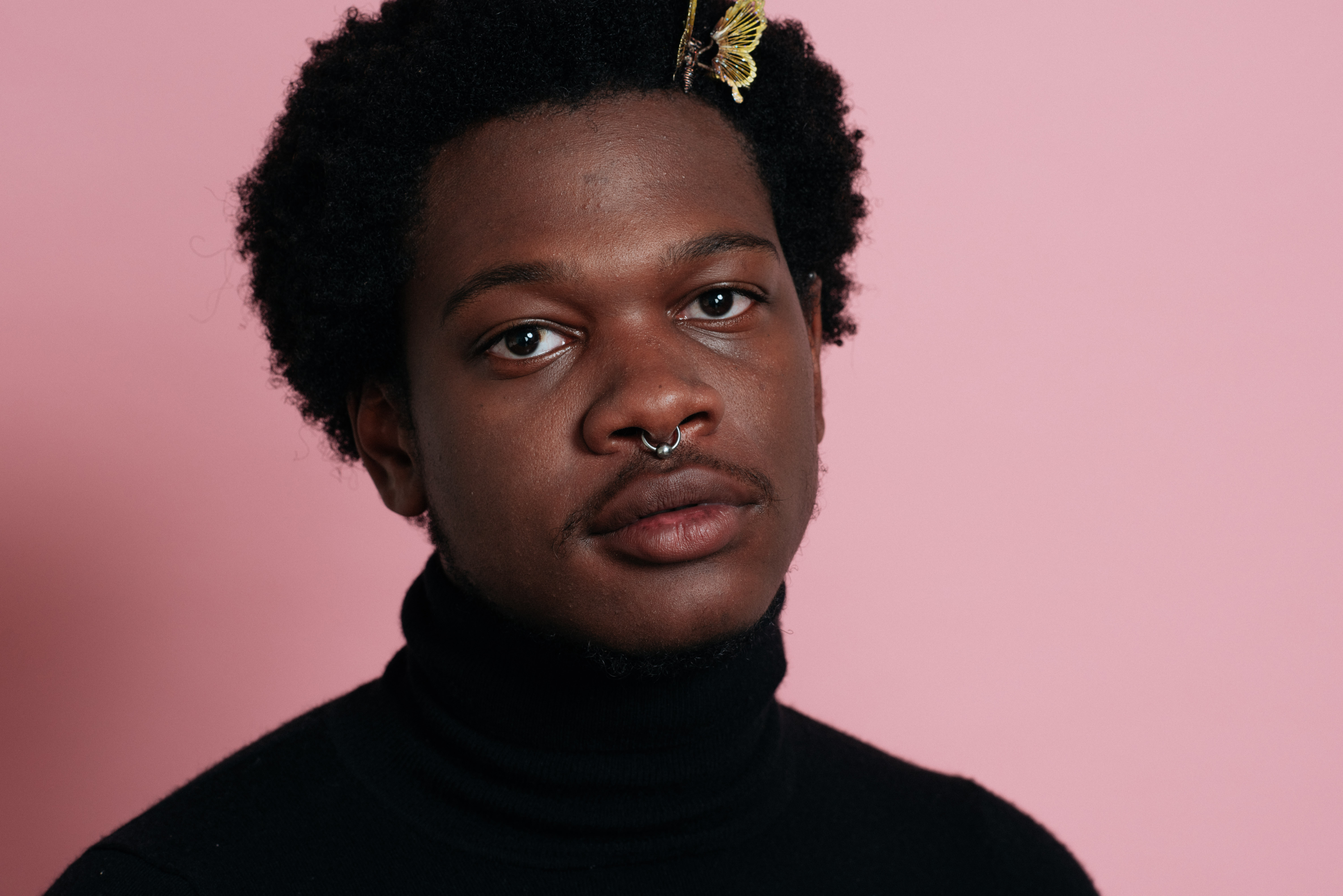
After Shamir dropped their album Hope back in April, they didn’t have much hope left for the music industry. Dealing with mental health issues and the weight of the music business, Shamir almost quit the music world before their writing helped them learn from the struggles they were facing. Returning with Revelations this fall, Shamir is stronger than ever, and ready to confidently make music on their own terms. We caught up with Shamir ahead of their show at The Belmont in Montreal on December 10 to talk about scrapping albums, managing mental health and the pressures of the music business.
Northern Transmissions: I understand after Hope, you nearly quit the industry, so what drove you there and what made you decide to come back?
Shamir: One of the main things was the lack of trust in the industry and all the politics involved. Also the moneymaking aspect of it, the music industry is on its last legs these days with the internet, it’s becoming easier to record yourself. The industry finds what makes money rather than talent. Records can’t flop until you get it right anymore. I was frustrated playing the game to make the most money, be the most popular or be the most something. A lot of the music I was doing didn’t really represent me, and I was told by other people in the industry that no one wanted to listen to the music I wanted to do. When I released Hope, I really thought that everyone was going to hate it, but I was okay with that because putting my real self out there was better than something that didn’t represent me.
NT: Considering how fast you made Revelations after releasing Hope in April, what was it about this time that guided you to make it so quickly?
S: After I released Hope, there were mental health issues, and I had to go to the hospital. When I got out after a week, I went back to Las Vegas, and there wasn’t much for me to do back home there. So I just wrote as a way of coping, out of boredom, and just keeping my spirits up. I thought I was just going to throw it up on Soundcloud because I wasn’t trying to find another label. But Father/Daughter was just hugely supportive, they loved the tunes and they wanted to work with me to put them out.
NT: I understand you self-produced your last album, did you want to stay that way with Revelations or did the solo-effort make you want to work with someone again?
S: Like I said about Hope, I enjoy all the music in the moment, so Revelations was just as much in the moment. It definitely sounds more together than Hope because I had more time to work on it, two weeks versus two or three day. I also mixed it a lot better. The instrumentation was more barebones so I really wanted to make sure the mixing was on point. I was in Las Vegas so I didn’t have all my gear, so a lot of those songs is just a drum-machine, piano, bass and guitar.
NT: How do you feel the way you made Revelations in a makeshift studio at your aunt’s house shaped the album, did this give you a necessary sense of comfort and how did this compare to a big studio for you?
S: Traditional studios have always been kind of hard for me, and I’ve always struggled working in them because I get more inspired with the less I have. Bigger studios can be overwhelming in that way. The studio can be a toxic space too. A lot of the engineers and producers are male, and sometimes the vibe can be super masculine and aggro, it’s hard for me to be inspired in that setting. It’s easier for me to record in a setting that’s more homey. I’m recording more even now, but the studio has a cynical feel to me.
NT: What’s the story behind the two album’s you dropped leading to Hope?
S: Hope was all from scratch and demos. But there are two songs on Revelations that are older. “Cloudy” was actually written for Ratchet, “Games” was supposed to be on the second of the two albums I scrapped.
NT: How did you want to talk about mental health on this record in a constructive way?
S: It’s a big part of the songs and my story. I started writing the songs when I got out of the hospital. It put a lot of things in perspective for myself, and I like to be open about it. We’ve known throughout human history that many artists suffer from mental health issues. It’s usually swept under the rug, I don’t think that’s very inclusive, because representation is everything. I’ve had many people come up and say how happy they are about how open I am about. When you come out of a psychotic episode you feel so alone, so tons of people hide it, which isn’t healthy. We learn from negative experiences in our life and try to turn them into positives. I think that’s what Revelations is for me and I hope it can be for others too.
Words by Owen Maxwell
Latest Reviews
Trending
Tracks
Advertisement
Looking for something new to listen to?
Sign up to our all-new newsletter for top-notch reviews, news, videos and playlists.
